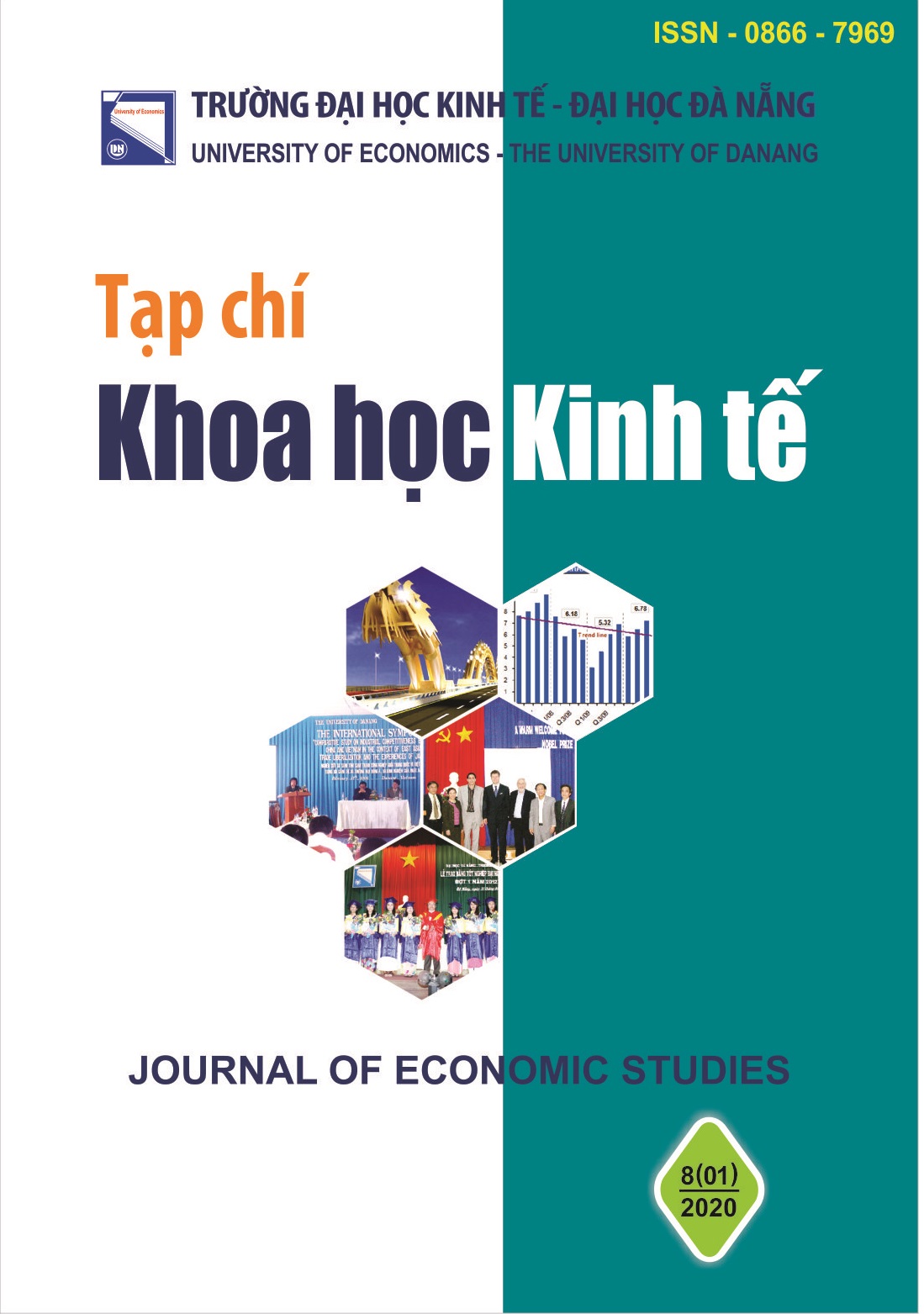BUILDING CREDIT SCORING PROCESS IN VIETNAMESE COMMERCIAL BANKS USING MACHINE LEARNING
Abstract
The industrial revolution 4.0 has affected the banking sector with the trend of transforming traditional banks into digital ones. Since the global financial crisis, risk management in banks has gained more prominence, and there has been a constant focus on how risks are being detected, measured, reported and managed. Recently, the world has seen a huge amount of data gathered within financial institutions (FIs). Crediting activities of banks must change for adapting with this trending. Current credit scoring system for individual clients of commercial banks mainly input the data and customer's information to provide the customer's credit score which helps the banks to make lending decision. Although the current system has accuracy, but it is considered as a rigid, inflexible method and still contains risks in measurement. Is there any method to increase the accuracy and inflexibility in this credit scoring system? How do we avoid missing good customers or prevent customers that are not reliable? Recently around the world, machine learning is widely considered in the financial services sector as a potential solution for delivering the analytical capability that FIs desire. Machine learning can impact every aspect of the FI’s business model—improving client preferences, risk management, fraud detection, monitoring and client support automation. Therefore, this article aims to study the roles of machine learning and the application of machine learning in credit scoring systems of individual clients, building credit scoring process using machine learning in Vietnamese commercial banks.
Keywords: Machine Learning, credit scoring, Vietnamese commercial banks, Big Data, artificial intelligence.

